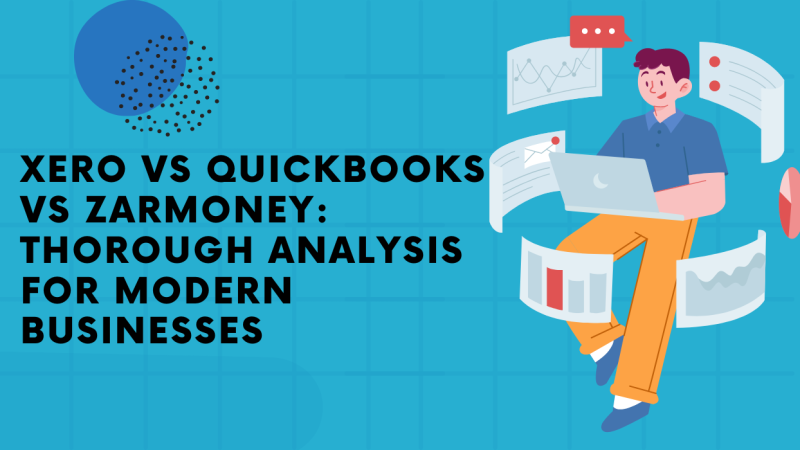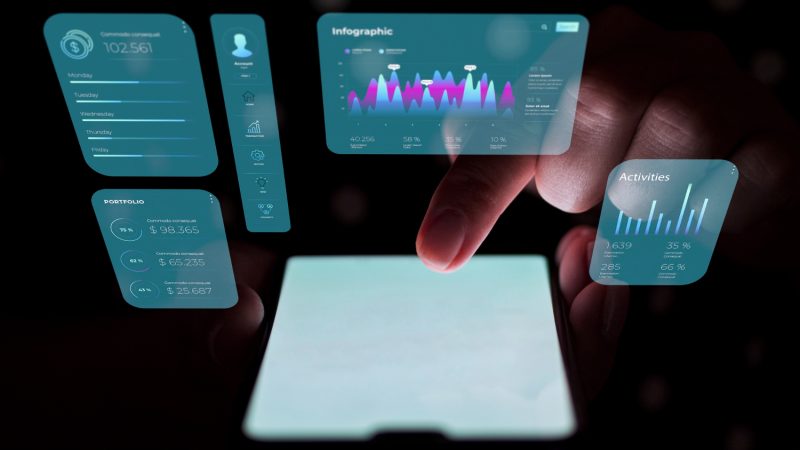Understanding the Basics of Sales Tax for Ecommerce Businesses

Small businesses have figured out that the Internet is a valuable tool. Besides, a part of the population has purchased a product online. An online sale, which is popularly known as Ecommerce, has been rising. Clarifying the issues and providing online sellers with an easy-to-use guide help in figuring out the sales tax requirements.
Sales tax works as basically a tax charged by the government during the purchase of certain goods and services. Taxes get collected by the seller who pays the tax to the government. In this phase, there is the involvement of the charging the tax. Online sellers find that the sales tax becomes more complicated. It happens so because Ecommerce allows inter-state and international sales to become relatively common.
Small businesses suffer the issue of how much sales tax to charge while they’re going ahead with the online purchase. Issues that come up include asking whether or not the product is taxable. Besides, there is a need to ask if there is a presence (or “nexus”) in the state to ship the product. There is a need to find out regarding the appropriate sales tax rate to charge. TaxConnex will guide you appropriately to make an informed decision.
Shipping the Product
The general rule states that when you are shipping the product within some of the states, you will have to collect and remit sales tax. The tax varies based on the location the product is shipped. County and city sales tax rates are always published online each quarter, and it also comes in the form of an online tool to assist the determination of the appropriate tax that can go through the phases of collection and remittance.
The total tax collected will be varied based on state, county, and city sales tax rates. The determination is based on the location where the product is delivered as well. Whenever you are shipping the product outside some states, there is a payment of sales tax depending on whether or not you have a presence, or “nexus,” in the state to which you are shipping.
Having a “Nexus” in the State to Which You Are Shipping
If you have a general presence or link to the state you ship to, then you will generally have to pay sales tax in that state. Items that create a nexus or link include the following:
Maintenance facilities come with the involvement of warehouses, office spaces, and other physical presence in that state.
Maintenance comes with a sales relationship with a company that comes with a physical presence in the state. It involves the selling of your product both online and through distributors or allowing customers to return products to distributors’ locations.
- Having employees in the state.
- Sales person traveling to the state.
- Doing trade shows.
- Substantial advertising.
If you have a “nexus,” you must collect and remit sales tax. The appropriate rate that you will have to fix to collect is based on the state, county, and municipality rates linked to the delivery location.
Difference between Sales Tax and Use Tax
Sales Tax and Use Tax are referred to as “companion taxes” and serve as the same thing. The difference lies in principle by whom and how tax gets paid. Some businesses have a physical or economic presence in a state, and they go on with collecting and remitting sales tax for the customer. Use tax, on the other hand, turns out to be the purchaser’s responsibility. When it happens that the tax liability is low, it falls under the category of the annual tax return.
Taxable Purchase for Use Tax
Usage refers to the keyword and determining factor for items taxed. There is a need for the understanding of the terms like “consume,” “use,” or “store” items for going ahead with the business. Purchases by phone, in person, web, mail, and internationally are subject to use tax. Items reviewed long after the transaction has taken place are also involved in it. Common taxable purchases for businesses are inclusive of the items like Goods, Fixed assets, Property including title, rental or lease transfers, Promotional giveaways, Services, Charitable donations, to name a few.
Each state regulates use tax, and that’s the reason that they vary on what items are taxable or exempt. Items intended for resale don’t need one to pay sales tax. Rather, at such times, there is a need to pay use tax. Rule of thumb states the simple idea that if the state doesn’t charge sales tax, there may be the chances that you don’t owe use tax.
Final Words
Understanding the protocols associated with the sales tax turns out to be tedious at times. But, with the support services for explaining the protocols, it becomes a lot easier. Small businesses and entrepreneurs take advantage of these trends. They are actively building websites and selling items online. An item that continually causes concern is the charging and reporting of sales tax whenever it comes to selling the items online.






